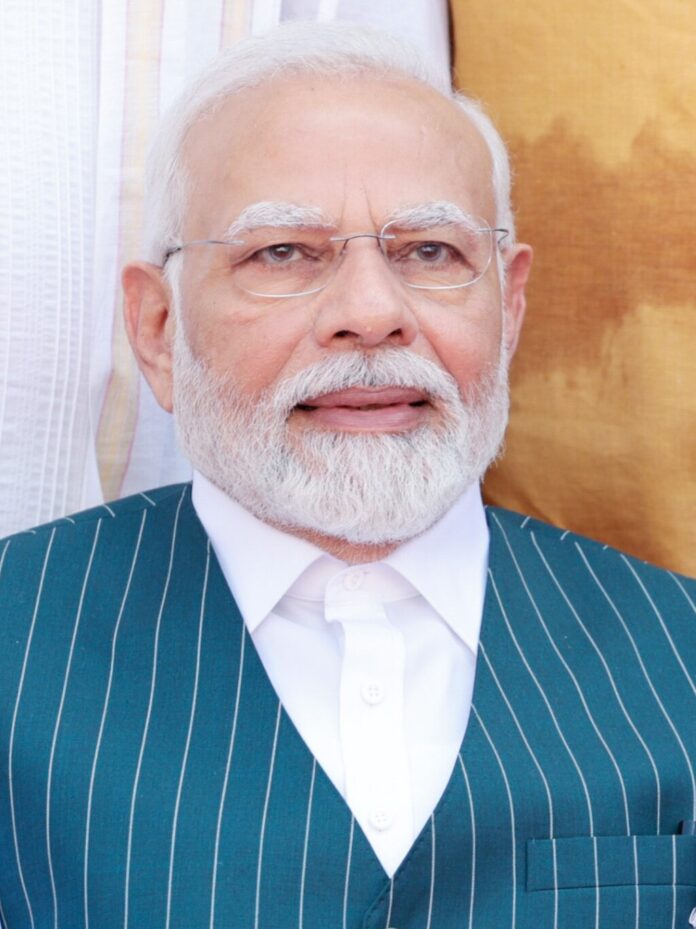The former US Congresswoman has long had a relationship with India, supporting PM Modi and engaging with key issues, including the Kashmir dispute
Tulsi Gabbard, the former U.S. Congresswoman and presidential contender, has made headlines in recent years not only for her political stance but also for her strong ties to India. From her personal spiritual connection with Hinduism to her vocal support for Prime Minister Narendra Modi, Gabbard has built a relationship with India that has seen her champion various causes and cultural exchanges.
One of the most notable moments in this growing bond occurred in 2016, when Gabbard, a practicing Hindu and the first Hindu elected to the U.S. Congress, gifted a Bhagavad Gita to Indian Prime Minister Narendra Modi during a trip to India. This gesture symbolised not only a deep personal connection to Hindu spiritual teachings but also her admiration for India’s leadership. The Bhagavad Gita, one of Hinduism’s holiest texts, carries great symbolic value in India, and Gabbard’s gift was widely interpreted as a show of respect towards both the country and its cultural values.
Her engagement with India goes beyond symbolic gestures, as Gabbard has been a vocal supporter of Prime Minister Modi and his government. Despite facing criticism from some quarters in the U.S. for her ties to Modi, Gabbard has remained unwavering in her praise for the Indian leader, particularly during his efforts to strengthen India’s international standing. She has consistently highlighted the importance of the U.S.-India relationship, stressing the shared democratic values between the two nations.
Embed from Getty ImagesOne of Gabbard’s more controversial stances has been her comments regarding the Kashmir issue. In 2019, after India revoked the special status of Jammu and Kashmir, Gabbard voiced support for India’s actions, which sparked significant debate in both India and the U.S. While the Indian government welcomed her comments, many in the U.S. and abroad criticized them, pointing to the ongoing tensions in the region and the impact on human rights.
Gabbard’s stance on Kashmir reflects her broader approach to foreign policy, which often focuses on respecting the sovereignty of nations and prioritizing direct diplomatic engagement over interference. She has also consistently advocated for peace and stability in South Asia, calling for a balanced and fair resolution to the Kashmir conflict, though her comments have remained supportive of India’s right to manage the region internally.
Aside from political issues, Gabbard’s affinity with India is also shaped by her personal experiences. Having visited India multiple times and built relationships with key political figures and business leaders, Gabbard has positioned herself as a bridge between India and the United States. Her connections in India have also been instrumental in fostering economic and cultural ties, with a focus on shared interests such as combating terrorism and addressing global security concerns.
While Gabbard has stepped away from active U.S. politics in recent years, her Indian connection remains a key aspect of her public persona. Whether advocating for stronger U.S.-India ties, discussing humanitarian issues, or promoting the cultural exchange between the two countries, Gabbard has carved out a significant role in enhancing the relationship between the world’s two largest democracies.
